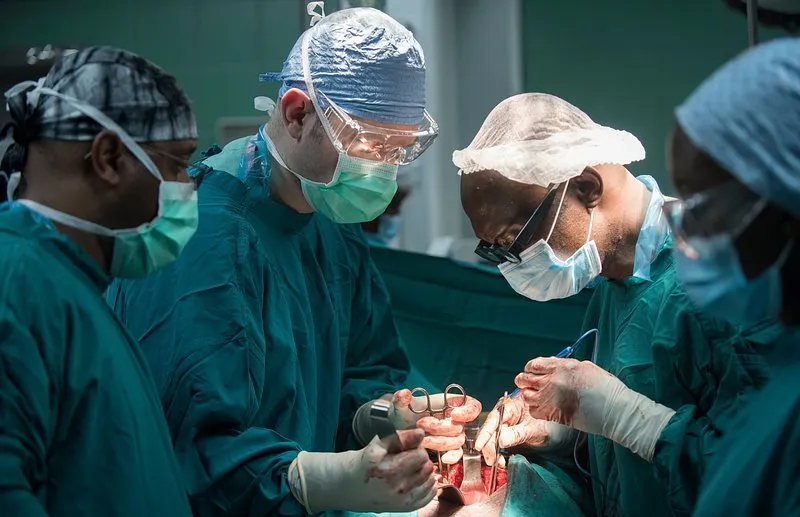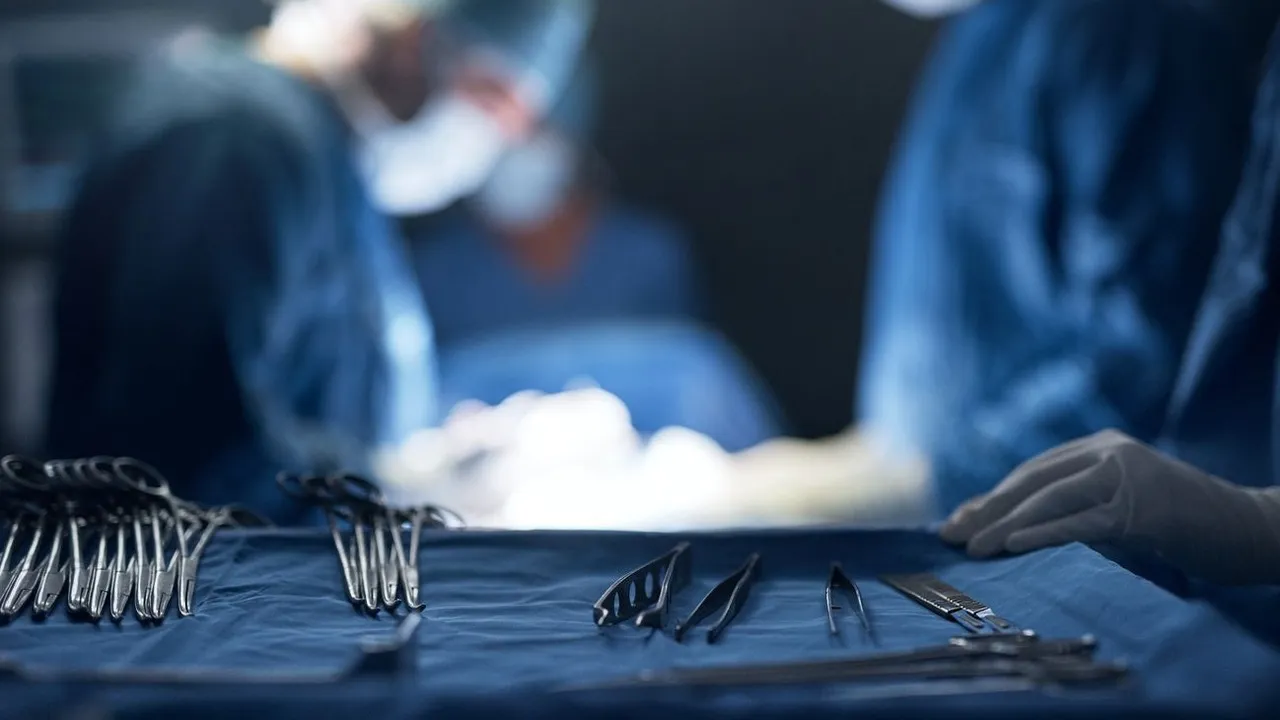Today, surgeries are done in so many places at a time with over 240 million surgical procedures performed annually. As common as surgeries might be, there are a lot of things that we do not know about them and for the most part, this is because we believe it is meant for doctors and so, non-medical practitioners and students do not need to know anything about it. But today, I want to discuss a few things that you might not know about surgeries that you should have an idea about.
First, did you know that, unlike today when we use anesthesia, in the past, it wasn't used during surgical procedures. People felt the tough pain of cutting them open, dealing with their organs, and closing them back up. Surgeons at the time used medicinal plants and alcohol, but these things were not helping because alcohol itself increases the pain of a fresh cut rather than numbing it immediately. At that time, the saying “if it doesn't hurt, then it's not surgery” was a very common one, and you can imagine what this meant.
Even when anesthesia became a thing, it wasn't always as safe as it is today. A lot of people died from an overdose of anesthesia at the beginning and this was because we didn't know what we were doing and at that time, it was one person doing both the surgery and administering the anesthesia and people died from so many surgeries at that time. This is a different story today, with surgeries being one of the safest ways to treat most medical conditions that require surgery.
If you found that weird, then you are lucky you weren't born in ancient times when surgery was a do-or-die affair. At this point, they did surgeries but the surgeries were terrible. Things like trepanation were a deal as far back as 6000 BC with skulls of such procedures found in areas like Ukraine, Portugal, and Africa.
That said, let's talk about what happens today in the theatre. Do you know that you might be awake when undergoing certain brain surgeries? This is because the surgeon wants to know what is happening to your brain in real time and the reaction that it will give immediately so it can be corrected and fixed. This way, the critical areas of the brain are not damaged in the process of surgery. Before you begin to wonder how they could go through such pain. The real deal is that the brain tissue doesn't have a pain receptor, so the surgery is not painful. Although a lot of people might be doing things while under the knife, they might not remember doing such after the surgery due to the medication.
For most surgeries, the anesthesiologist is doing both the job of giving anesthesia and keeping you alive on life support. This is because after anesthesia, breathing is reduced, blood pressure drops, heart rate is lowered, and all bodily functions are paused. It is the work of the anesthesiologist to help you breathe, keep your heart rate and blood pressure constant, and maintain other bodily activities. Also, getting anesthesia doesn't mean the person is asleep and this is possible for certain procedures like eye surgeries such as cataract where the patient is still awake even after being administered anesthesia.
We have been performing organ transplants for some 70 years. The first kidney transplant was done by Dr Joseph Murray and Dr David Hume. This surgery was done on identical twins which reduced the risk of rejection when performing the transplant. Today, lots of organ transplants are done and you begin to think we have been doing it for centuries.
Still on transplant, do you know that when someone is having a kidney transplant, it is not a replacement surgery? It isn’t like one is removed and another is added neither is removed, another is just added making the person who receives the kidney have three kidneys.
So, in case you have someone who underwent surgery, and they mention the above things, just agree with them because they know what they are saying.
Reference
https://www.sciencedirect.com/science/article/abs/pii/S0140673608608788
https://www.umhs-sk.org/blog/medical-milestones-discovery-anesthesia-timeline
https://www.anzca.edu.au/about-us/our-history-and-heritage/history-of-anaesthesia
https://esaic.org/a-short-history-of-anaesthesia-before-1846
https://pmc.ncbi.nlm.nih.gov/articles/PMC3876527/
https://www.medicalnewstoday.com/articles/326281
https://neurochirurgie.insel.ch/en/erkrankungen-spezialgebiete
https://www.mayoclinic.org/tests-procedures/awake-brain-surgery/about/pac-
https://my.clevelandclinic.org/health/treatments/16802-brain-surgery
https://my.clevelandclinic.org/health/articles/22540-anesthesiologist
https://www.anzca.edu.au/patient-information/about-anaesthesia/what-does-an-anaesthetist-do
https://unos.org/transplant/frequently-asked-questions
https://pmc.ncbi.nlm.nih.gov/articles/PMC3459231/
https://pmc.ncbi.nlm.nih.gov/articles/PMC6420794/
https://my.clevelandclinic.org/health/treatments/22537-kidney-transplant
https://mykdc.org/2020/03/07/how-many-kidneys-do-you-have/


